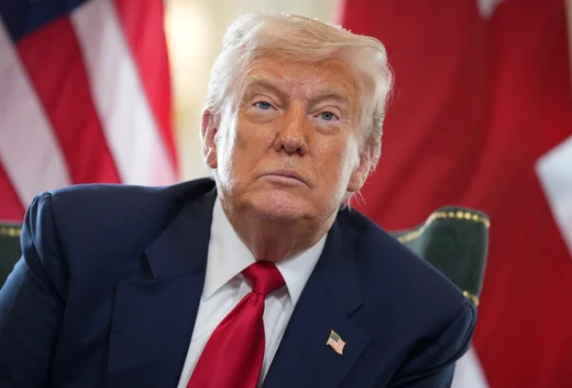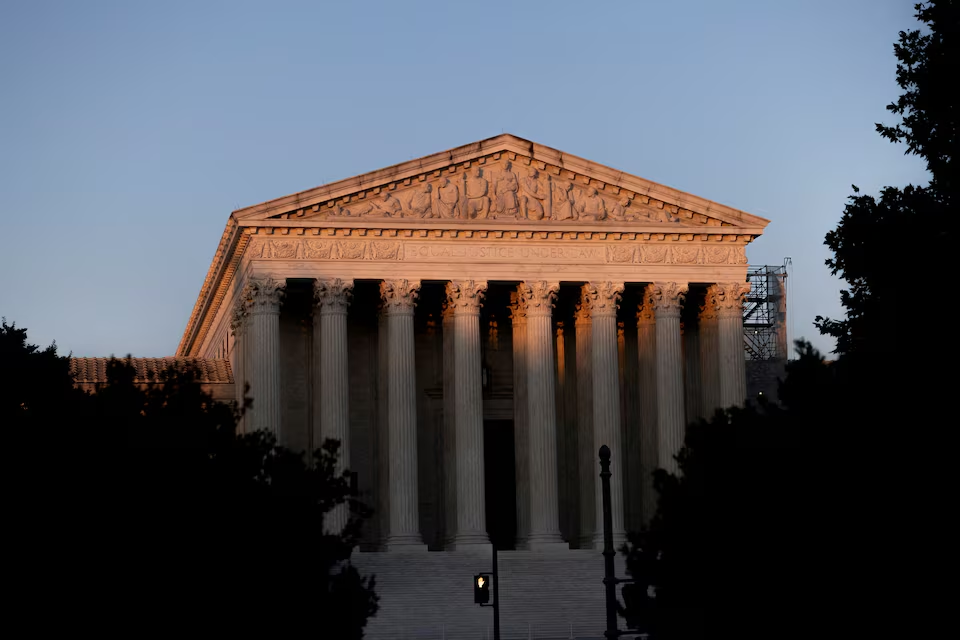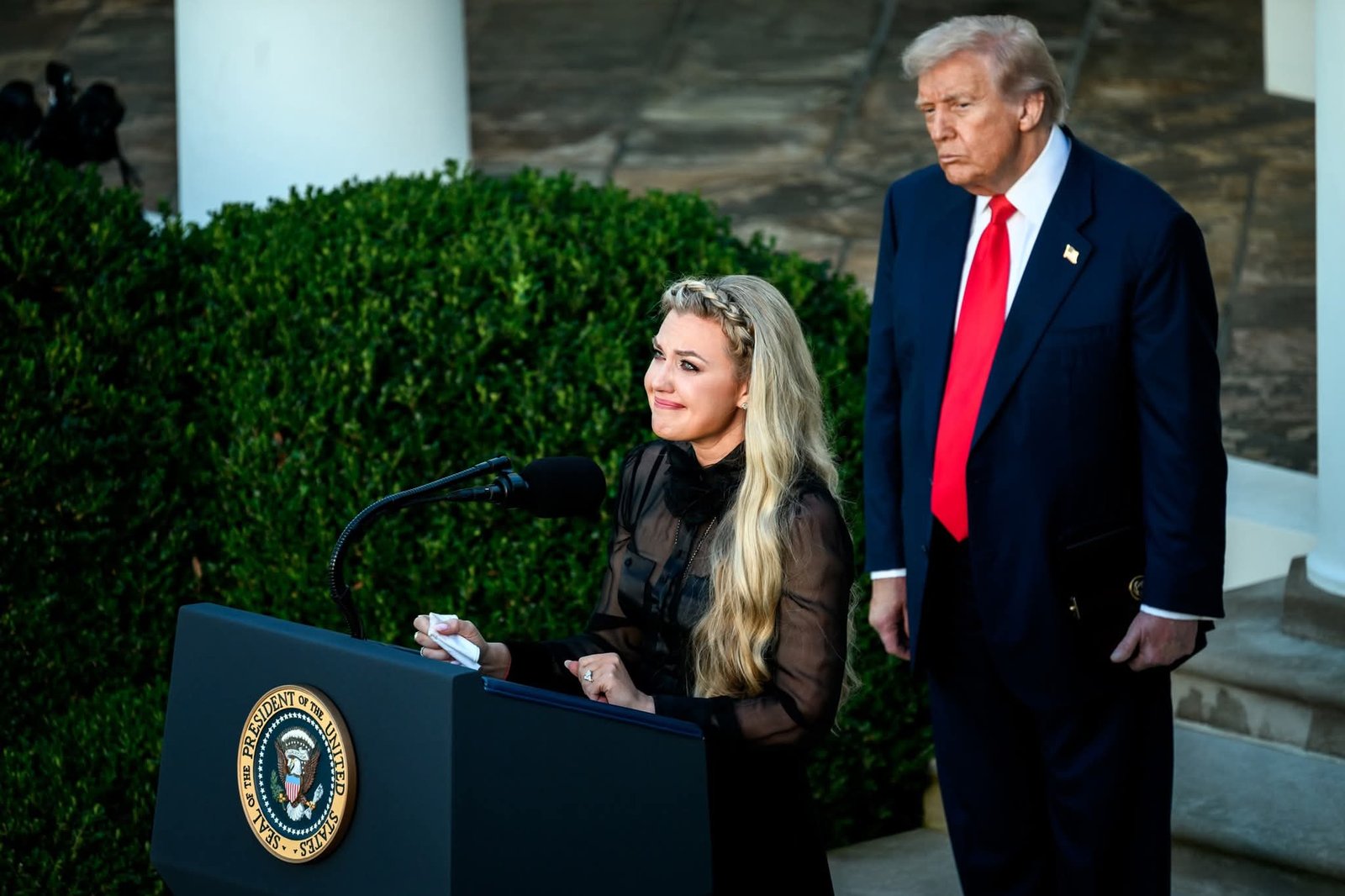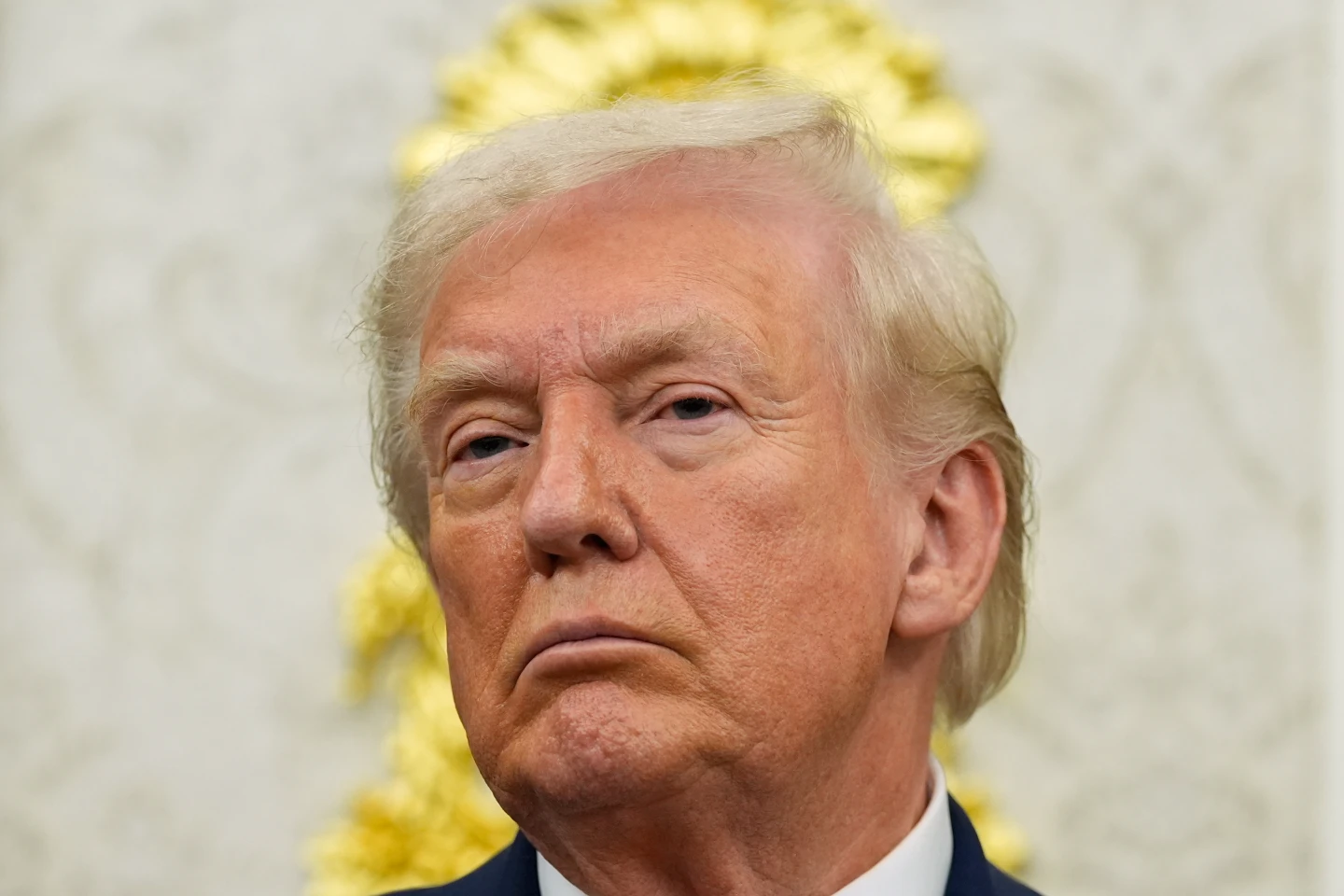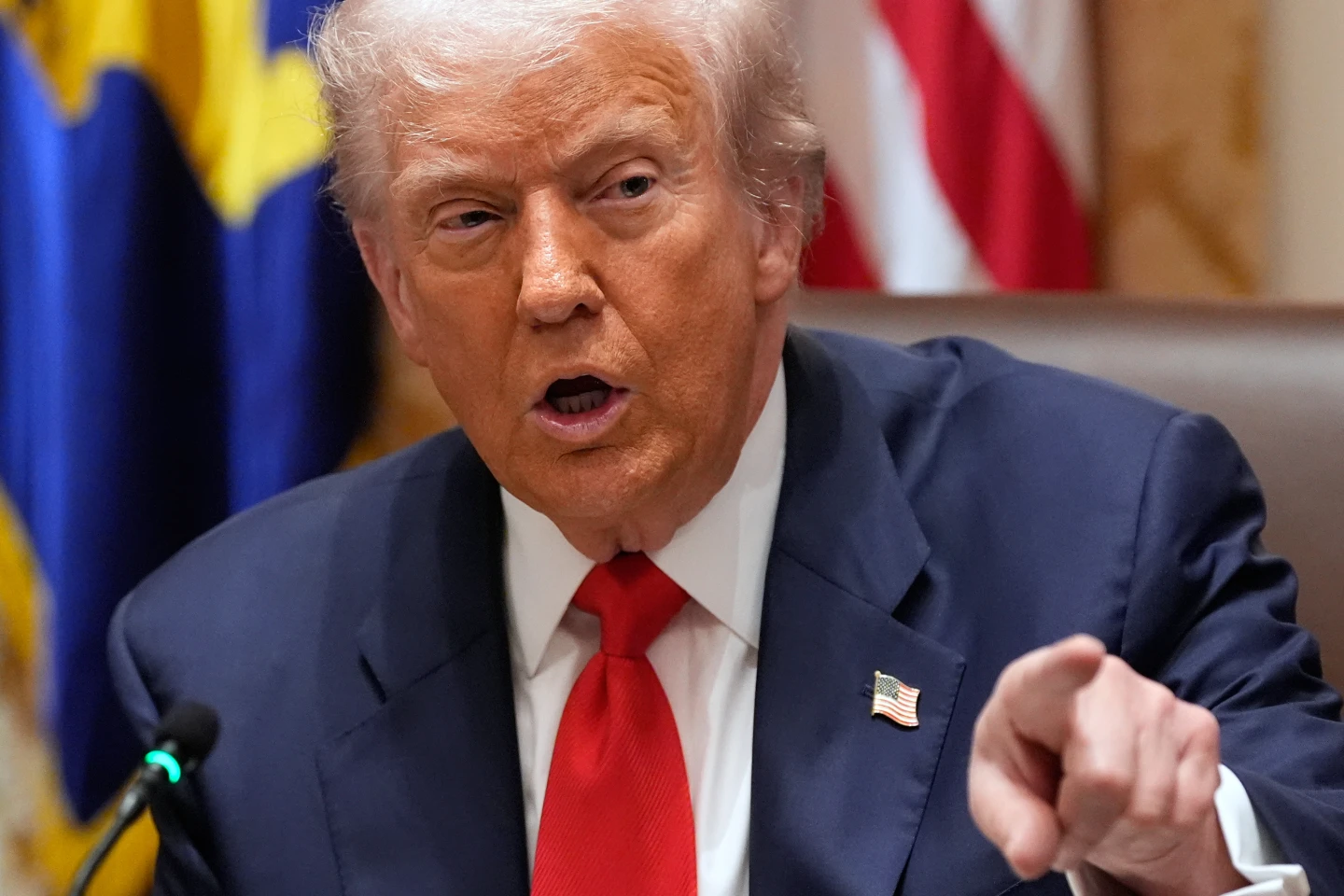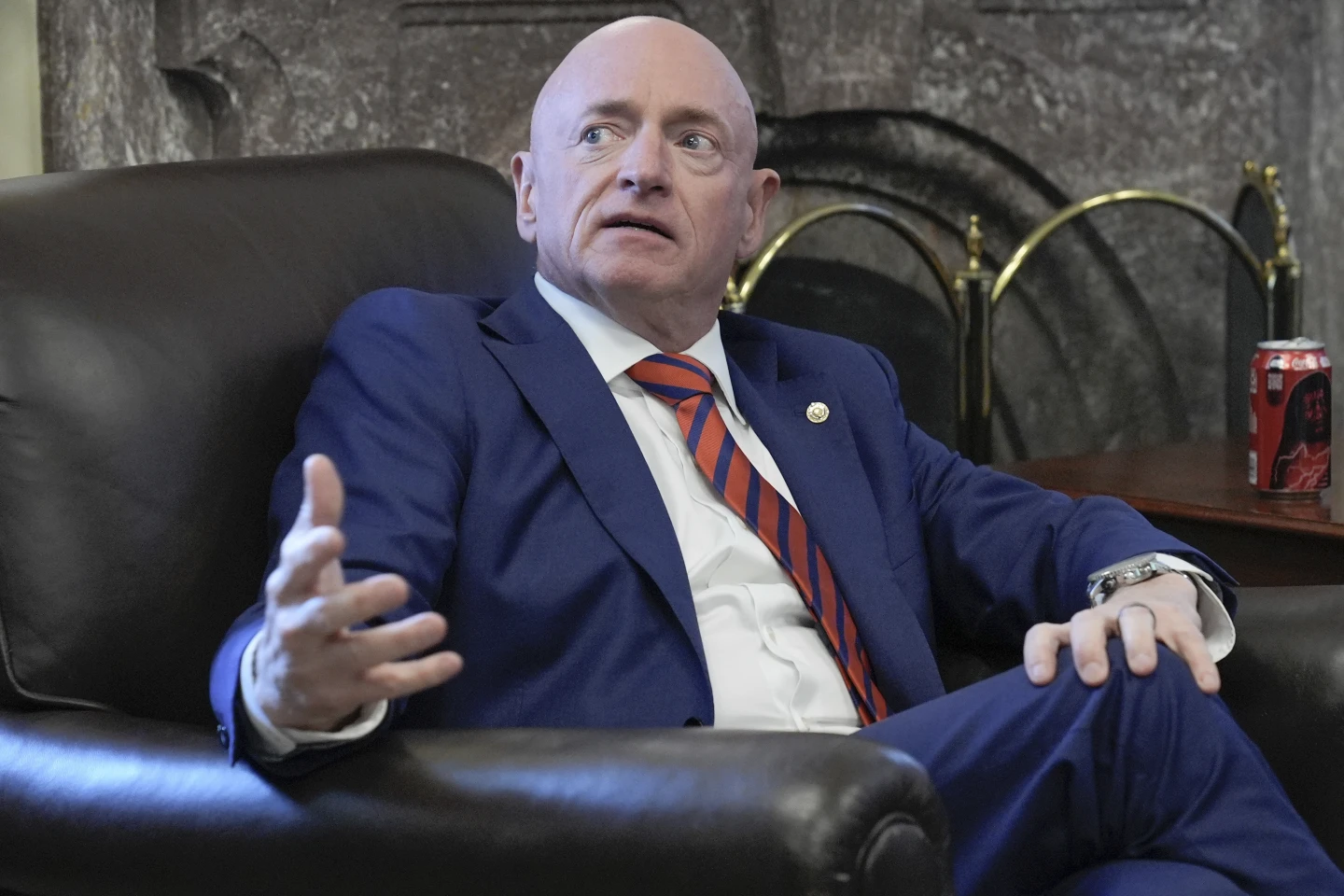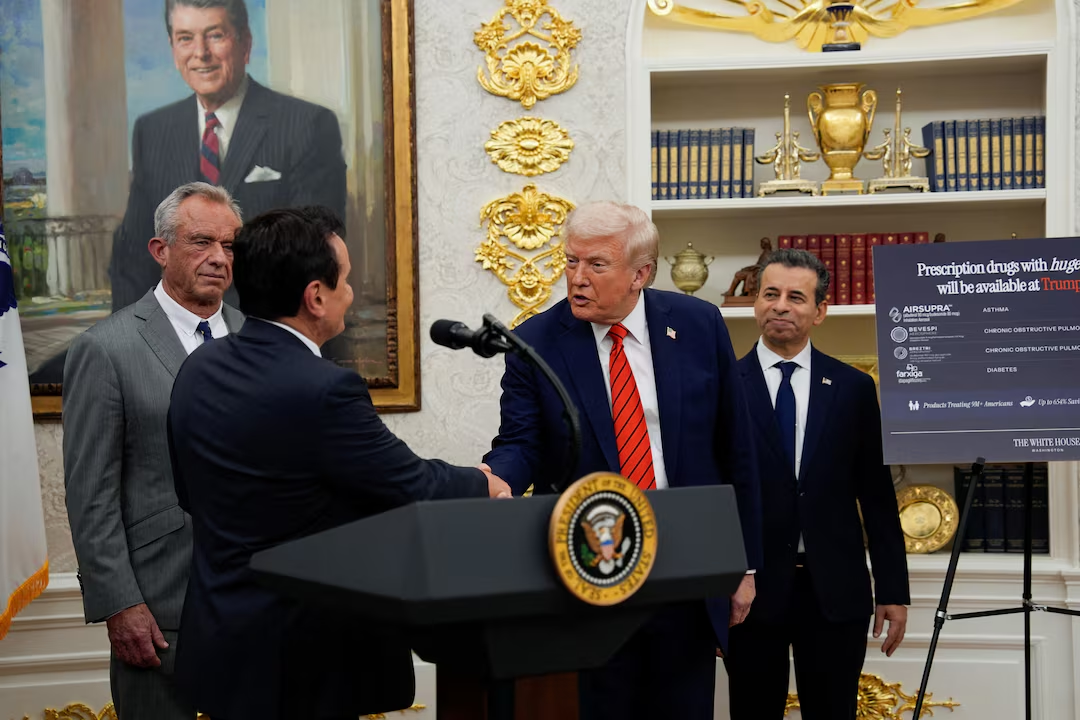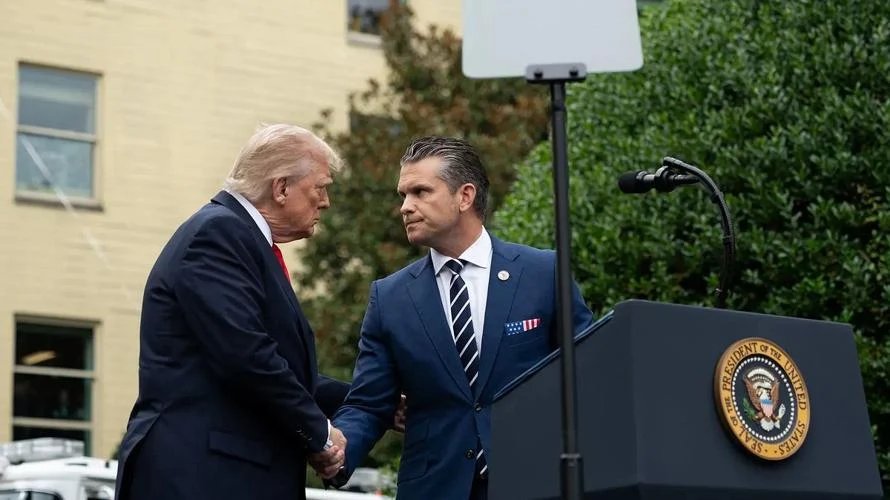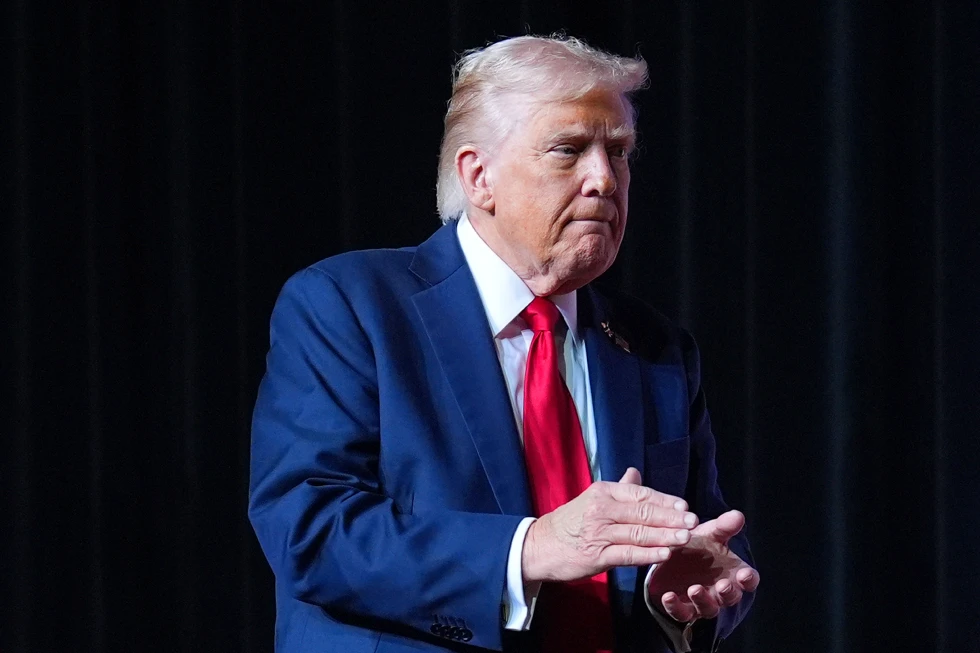U.S. Appeals Court Reviews Trump’s Emergency Tariff Powers Amid Legal Battle
he U.S. Court of Appeals for the Federal Circuit is reviewing the Trump administration’s appeal of a lower trade court ruling that found the president lacked the authority to use the International Emergency Economic Powers Act (IEEPA) to impose tariffs of up to 10%. The lower court had blocked the tariffs, but the Federal Circuit temporarily reinstated them pending the appeal.
U.S. Appeals Court Reviews Trump’s Emergency Tariff Powers Amid Legal Battle
A federal appeals court convened Thursday to consider former President Donald Trump’s controversial use of emergency powers to impose sweeping tariffs on nearly all U.S. trading partners.
The U.S. Court of Appeals for the Federal Circuit is reviewing the Trump administration’s appeal of a lower trade court ruling that found the president lacked the authority to use the International Emergency Economic Powers Act (IEEPA) to impose tariffs of up to 10%. The lower court had blocked the tariffs, but the Federal Circuit temporarily reinstated them pending the appeal.
According to CBC News, The case, brought by 12 states and five small businesses, is a crucial legal test of one of Trump’s signature economic policies. Although the issue could ultimately go to the Supreme Court, a favorable ruling there is uncertain.
On Truth Social, Trump rallied support Thursday morning: “To all of my great lawyers who have fought so hard to save our Country, good luck in America's big case today… Without TARIFFS AGAINST TARIFFS, WE WOULD BE DEAD!”
Trump first imposed the “Liberation Day” tariffs on April 2, with a 10% baseline on nearly all imports and higher, reciprocal tariffs on certain countries. Though some of those higher tariffs were paused, they are scheduled to resume Friday.
Challengers argue that IEEPA doesn’t mention tariffs and was never intended for such use. They warn this interpretation gives the president limitless trade powers, violating the Constitution’s separation of powers and the “major questions” doctrine requiring clear congressional authority for actions of economic significance.
The Justice Department, defending Trump’s use of IEEPA, said exploding trade deficits and fentanyl imports posed grave national threats. They argued the tariffs have already led to trade deals with several nations and stopping them could undermine U.S. negotiating leverage.
It remains unclear when the Federal Circuit will deliver its final decision.


